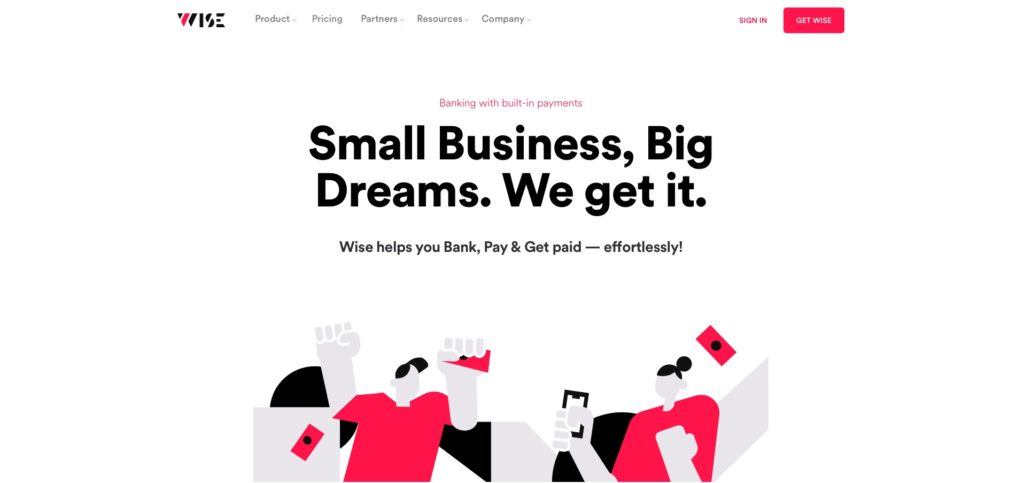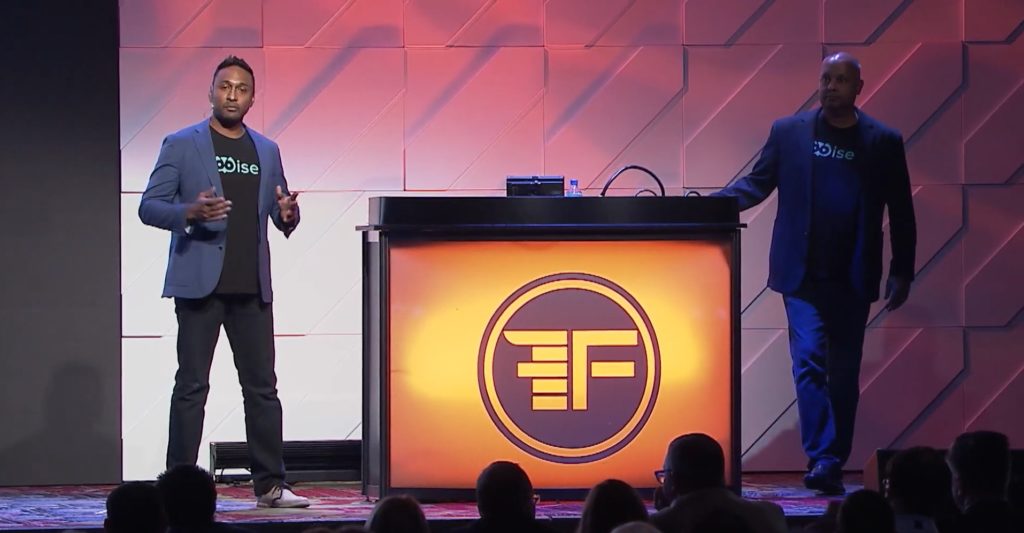
Alternative credit scoring innovator CredoLab announced a new $7 million investment today. The Series A round was led by identity data specialist GBG, a company that entered a technology partnership with CredoLab back in June and is now taking a minority stake in the Singapore-based firm. CredoLab plans to use the additional capital to fuel expansion in markets in Asia, Latin America, Europe, and Africa.
Founded in 2016, CredoLab made its Finovate debut at our Asian conference in 2018. At the event, the company demonstrated its proprietary CredoScore which converts digital footprints into highly predictive scores that can be used by banks and lenders to guide credit decisioning. The company’s technology examines mobile device data – collected after securing the user’s permission – and leverages AI-based algorithms to analyze 50,000+ data points to, as the company puts it, “connect the dots that traditional credit scoring methods can’t.”
GBG Group uses Credo’s technology to bolster its own antifraud platform’s ability to determine creditworthiness during the onboarding process. GBG Chief Executive Chris Clark praised the way Credo’s risk scoring will help it better serve “good customers who are financially excluded” – especially by lowering false positives.
In addition to its partnership with GBG, CredoLab teamed up with GoBear and fellow Finovate alum Mambu in June to help the financial platform expand to the Philippines. The previous month, CredoLab was highlighted by Fintechnews Singapore in its look at fintechs in SE Asia that are making a difference when it comes to financial inclusion. The company this year has also worked with LenDenClub, among the fastest-growing P2P lending platforms in India, and collaborated with Salary Dost – also based in India – to help the lending platform enhance its underwriting process.
A winner in the ASEAN Open category of the SFF x SWITCH Fintech Awards last year, CredoLab was recognized in January as Indonesia’s first credit scoring company. Since inception, CredoLab has powered more than $2 billion in loans issued, analyzing more than one trillion data points across 21 countries. Peter Barcak is co-founder and CEO.
Photo by ALAMEEN A-DAE from Pexels




























